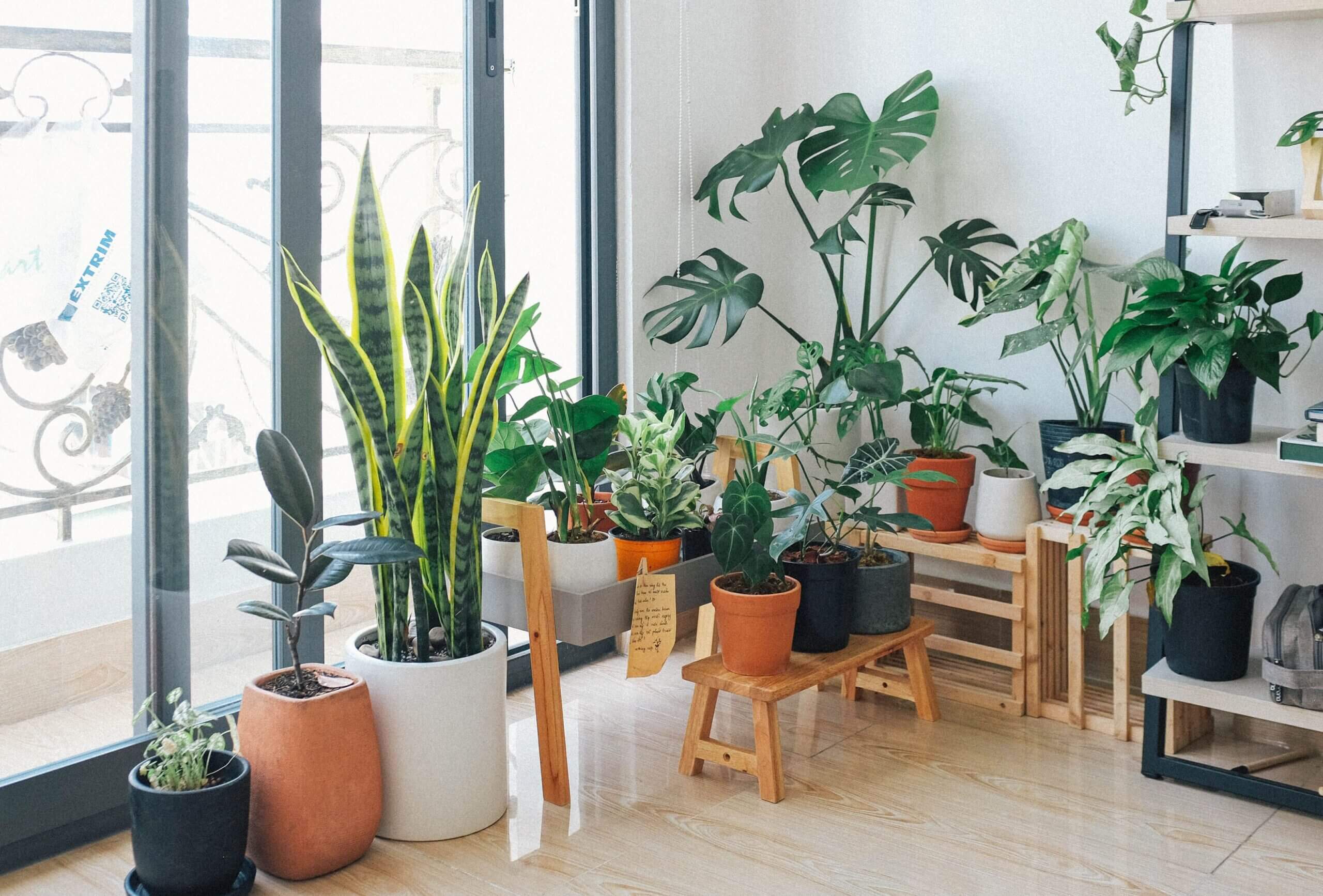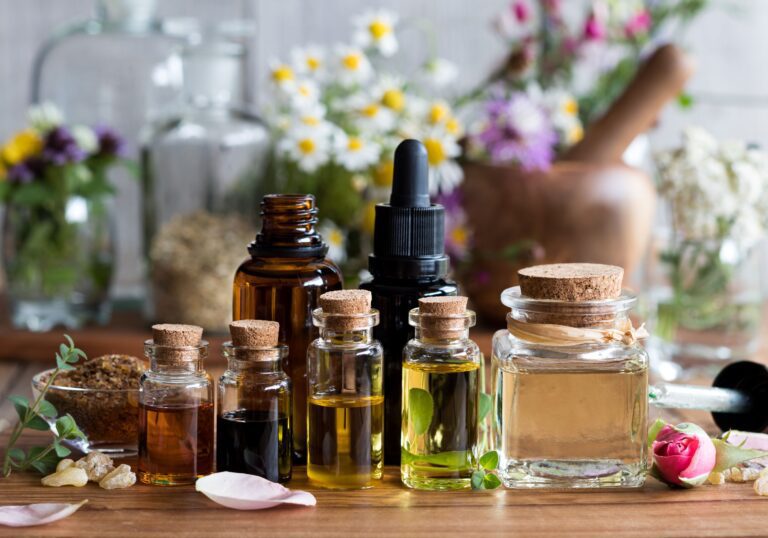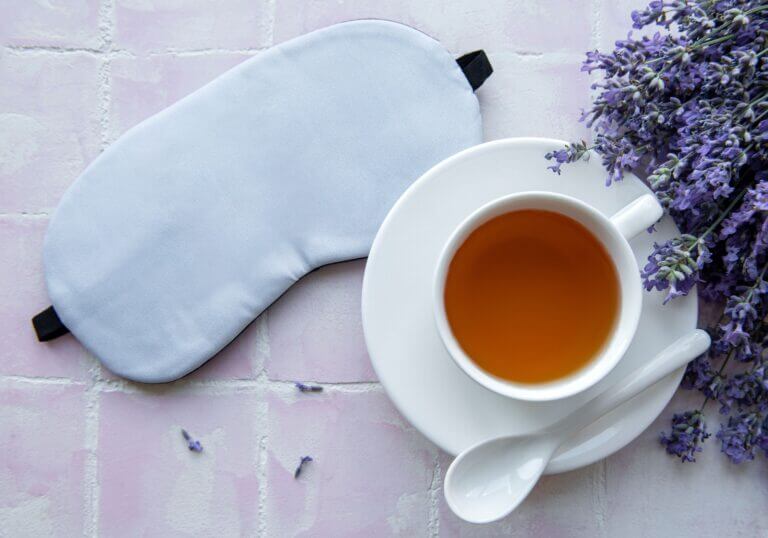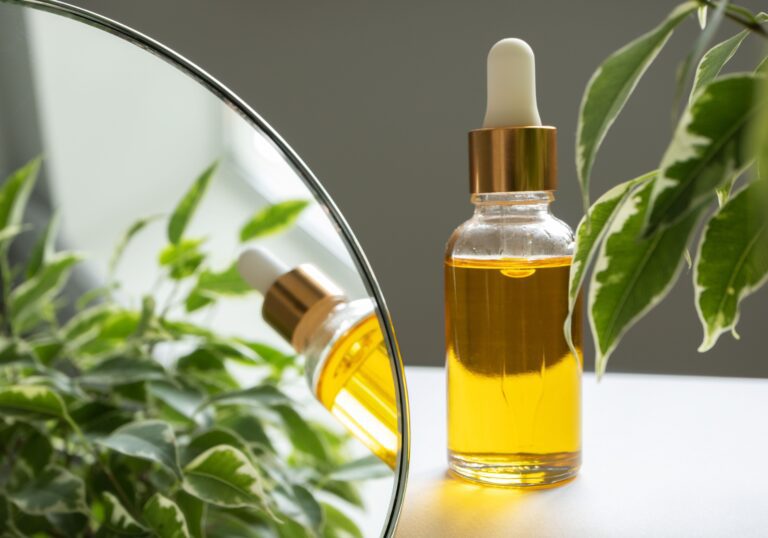7 Best Houseplants For Anxiety and Depression Relief

Apart from their aesthetic value, houseplants have been found to have several therapeutic effects, including improving indoor air quality, reducing stress levels, and increasing productivity. In particular, research has shown that houseplants can effectively manage anxiety and depression symptoms. This article will delve deeper into how houseplants can alleviate these mental health conditions and highlight some of the best houseplants for anxiety and depression.
Anxiety and depression are two common mental health disorders affecting millions worldwide. While various treatments exist for these conditions, including medication and therapy, people are increasingly looking for natural remedies to complement traditional treatments. One such remedy is the use of houseplants.
Studies have shown that houseplants can have a calming effect on people, reducing their stress levels and anxiety symptoms. This is because plants naturally can purify the air, reducing the levels of pollutants such as carbon dioxide, formaldehyde, and benzene. As a result, people are more likely to feel calm and relaxed in spaces with plants.
In addition to purifying the air, houseplants can also improve mood and cognitive function. A study by the University of Exeter found that people who work in offices with plants reported a 15% increase in productivity compared to those without plants. Plants have also been shown to positively affect mental fatigue, helping to improve focus and attention.
So, which houseplants are best for managing anxiety and depression? Here are seven of the most effective houseplants:
Lavender
Lavender is one of the most popular and well-known plants for anxiety and depression, and for a good reason. This beautiful plant has a calming scent that has been shown to reduce stress and anxiety levels. In fact, a study published in the Journal of Alternative and Complementary Medicine found that the scent of lavender can reduce anxiety levels in patients undergoing dental procedures. This plant is easy to care for and can thrive indoors with a sunny window and regular watering.
Snake Plant
The Snake Plant, also known as Sansevieria, is a hardy plant that is perfect for those who may not have a green thumb. This plant is incredibly low maintenance and can survive in various lighting conditions. In addition to its easy care, the Snake Plant is effective in purifying the air and improving indoor air quality. A study published by the University of North Dakota found that this plant can help to reduce the symptoms of Sick Building Syndrome, which can include headaches, dizziness, and fatigue.
Spider Plant
The Spider Plant is a beautiful and easy-to-care-for plant that has been shown to be effective in removing toxins from the air. This plant is particularly effective in removing formaldehyde from the air, making it a great choice for those living in urban environments where pollution is a concern. Additionally, the Spider Plant has been shown to reduce anxiety levels and improve overall mood effectively. A study published in the Journal of Physiological Anthropology found that simply looking at a Spider Plant for a few minutes can help to reduce stress and anxiety levels.
Aloe Vera
Aloe Vera is another popular houseplant that can help to ease anxiety and depression. This plant has a number of health benefits, including the ability to purify the air and improve air quality. A study published in the Journal of Environmental Psychology found that indoor plants, including Aloe Vera, can help to reduce stress levels in office workers. Additionally, this plant can treat skin irritations and burns, making it a great addition to any home.
Peace Lily
The Peace Lily is a beautiful plant known for improving air quality, attracting positive energy, and reducing anxiety. This plant can thrive in low-lighting conditions, making it perfect for those who may not have a lot of natural light in their home. In addition to its air-purifying abilities, the Peace Lily effectively reduces mold spores and other allergens in the air, making it an excellent choice for those who suffer from allergies or asthma.
Golden Pothos
Golden Pothos, also known as Devil’s Ivy, is a beautiful and easy-to-care-for plant perfect for those looking to add a touch of green to their home. This plant has been shown to be effective in removing toxins from the air, including formaldehyde, benzene, and carbon monoxide. Additionally, the Golden Pothos is known for absorbing and breaking down volatile organic compounds (VOCs), which can be found in common household items such as cleaning products and furniture.
English Ivy
English Ivy is a popular houseplant that is known for its ability to remove toxins from the air. This plant has been shown to be effective in removing pollutants such as formaldehyde and benzene from the air, making it a great addition to any home. Additionally, this plant has been shown to be effective in reducing mold levels in the air, making it an excellent choice for those who suffer from allergies or asthma.
General Insights
In addition to the specific houseplants mentioned above, there are some general tips to keep in mind when using plants for mental health benefits. First, choosing plants that are easy to care for and maintain is important. A plant that requires a lot of attention or has specific environmental requirements may end up causing more stress than it alleviates.
Another tip is to place plants strategically around your home or workspace. Placing plants in areas where you spend the most time, such as your bedroom or office, can help you feel more relaxed and at ease. Choosing plants with varying heights and textures is also a good idea to create a visually appealing and calming environment.
Finally, it is essential to incorporate plants into your daily routine. This can be as simple as taking a few minutes each day to water your plants or spending time tending to them. Caring for a plant can provide a sense of purpose, responsibility, and discipline, which can be helpful for people with anxiety or depression.
Summary
While houseplants can help manage anxiety and depression symptoms, they are not a substitute for professional medical care. If you are struggling with anxiety or depression, it is essential to seek the help of a mental health professional. However, incorporating houseplants into your daily life can be a helpful addition to your treatment plan. It can provide a sense of comfort and relaxation. It’s like bringing nature indoors.






